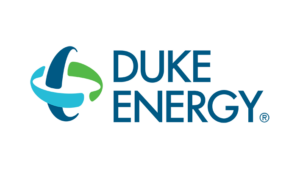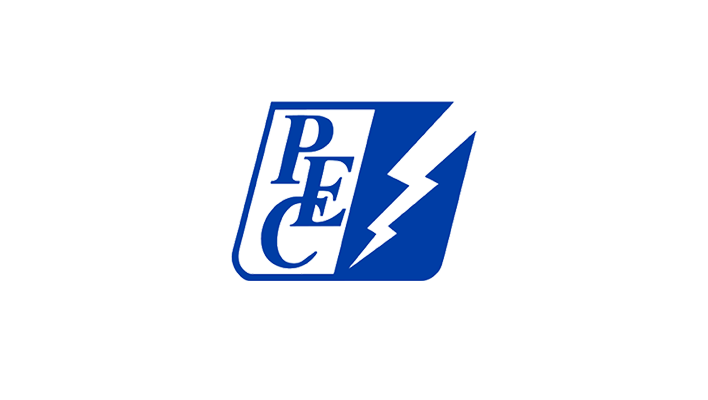Duke Energy

Duke Energy Achieves Eight Month Return on Investment and 10% SAIDI Reduction
Duke Eliminates Grievances and Reduces Callout Time
5
Unit Complex
10%
SAIDI Reduction
90%
Reduction in Callout Time
8
Months to ROI
Inspiration For Change
Plant Supervisors Refocus on Plant Operations
The five-unit Crystal River Energy Complex, owned by Duke Energy, is located on a 4,700-acre site north of Crystal River in Citrus County, Fla. The North Plant consists of the identical coal-fired Crystal River units 4 and 5, each rated at 717 MW. The South Plant is composed of the 373 MW Crystal River Unit 1 and the 469 MW Crystal River Unit 2. Crystal River 3 is an 860 MW nuclear facility; it is currently offline and Duke Energy plans to retire the facility.
Each of the four, coal-fired plants and the coal facility have an operations and maintenance organization managed by a reporting headquarters. Shift supervisors have the responsibility for day-to-day plant operations. The remainder of the fossil staff consists of 350 bargaining unit employees. The maintenance organization is staffed around-the-clock in 8-hour shifts, six days a week; the operations organization is staffed around-the-clock in 12-hour shifts, seven days a week.
Challenges
- Shift supervisors must track down replacement operators or maintenance craft employees if someone calls in sick; there is emergent work, such as a forced outage with repairs; or there are routine shift replacements, such as vacation fills.
- Shift supervisors make dozens of phone calls followed by long response times. This process routinely took four to six hours of a supervisors time that could be better spent monitoring operations.
- The callout process was inconsistent across the site; a total of seven different groups were performing callouts, sometimes twice a day. If callouts occurred when a maintenance foreman was not on site, then the operations shift supervisor was tasked with the callout.
- Inconsistencies with callout prioritization and how the contract was interpreted resulted in bargaining unit grievances, thus consuming more shift supervisor time and requiring plant and union management engagement
The entire ARCOS upgrade paid for itself in eight months with the reduction in shift supervisor labor alone.
Solutions
Crystal River developed a business case for investing in callout automation software. An expected benefit of the investment in an automated system was consistent compliance with the bargaining unit’s contract requirements for equal distribution of overtime. Having a historical record of callouts would make it simple to demonstrate the company’s compliance with those contract requirements. There was shift supervisor buy-in for the new automated process because it meant they were spending less time dialing and more time supervising plant operations.
Making the business case to upper management became easier when the effects of labor reporting times on replacement power costs during forced outages were evaluated. The compounded time supervisors spent on manual callouts also had a significant financial impact.
The ARCOS® Callout and Scheduling Suite, SaaS-based automated callout solution, selected by plant management for the Crystal River Energy Complex’s plants, was launched. The SaaS-based software allows a supervisor to initiate a callout from any location, even from home. Each worker can respond to callouts using individual PIN numbers from a smartphone. Supervisors and bargaining unit representatives can audit the callout history log at any time. And if an employee tells the ARCOS solution he is unavailable during a particular period, the system will not call that employee on the callout list during that time. Employees who intentionally pass an assignment are charged for any potential overtime they may have been called out for, according to the collective bargaining agreement. The ARCOS solution also knows not to call an employee who just completed a callout.
Benefits Realized
Since the software solution went live, the shift supervisor time to initiate a callout has dropped from up to six hours to less than 30 minutes. Just as importantly, there have been no bargaining unit grievances contesting the fairness of overtime assignments. When a callout is required, the supervisor specifies the skill requirements and the ARCOS solution generates the priority lists then makes the calls according to the agreement.
The entire ARCOS upgrade paid for itself in eight months with the reduction in shift supervisor labor alone. Supervisors have more time to focus their expertise on recovering from a forced outage, inspecting systems or mentoring operators rather than worrying about employee callouts.
Company Background
Duke Energy, a Fortune 150 company headquartered in Charlotte, N.C., is one of America’s largest energy holding companies. Their electric utilities serve 8.2 million customers in North Carolina, South Carolina, Florida, Indiana, Ohio and Kentucky, and collectively own 50,000 megawatts of energy capacity. Their natural gas unit serves 1.6 million customers in North Carolina, South Carolina, Tennessee, Ohio and Kentucky.

Related Success Stories
- Case Study
One of the Nation’s Most Efficient Electric Utilities Restores Service Faster
- Case Study
Electric Utilities Restore Quickly and Safely After Devastating Hurricane
- Case Study
Electric Distribution Coop Drives Clear Operational Awareness



